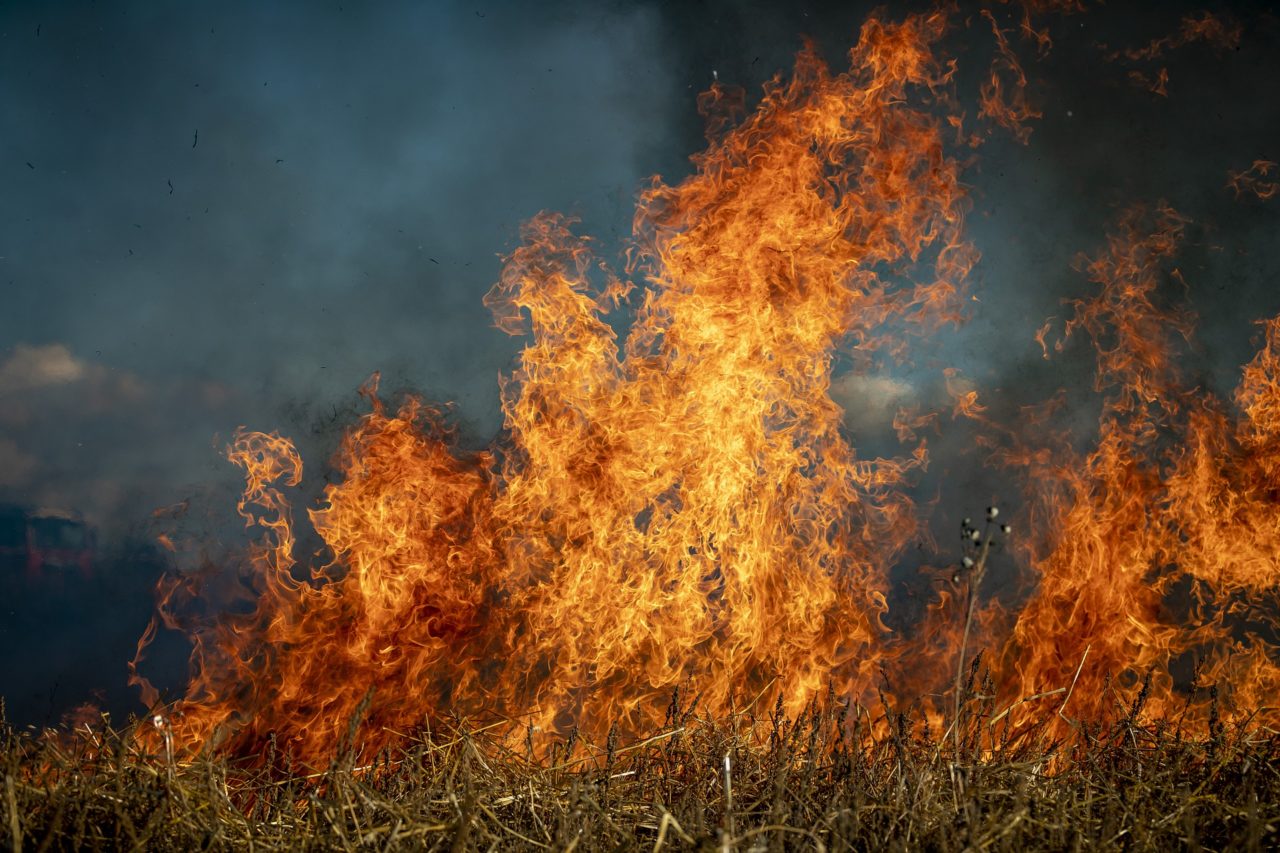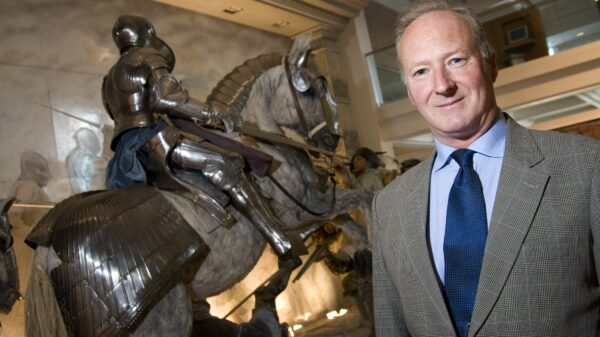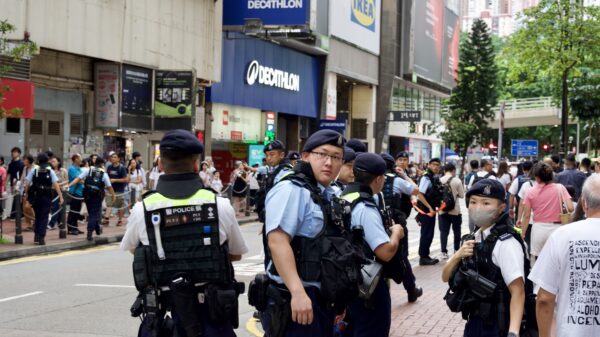Roar writer Conor Walsh on the latest UN climate report and whether or not climate change is irreversible.
The latest United Nations (UN) climate report, produced by the Intergovernmental Panel on Climate Change (IPCC), came out on Monday, February 28, the same week Vladimir Putin began a full-scale invasion of its neighbour, Ukraine. It is no surprise then that the focus of world attention was on the conflict, a strong reminder of the struggles faced by Europe during World Wars I and II, and not on a report that tells us what we all already know climate change is bad!
Except this report goes far beyond that. It tells us that the extreme weather events attributable to climate change droughts, flooding, wildfires and severe heatwaves will all worsen for at least the next 30 years, with some events such as the melting of ice sheets in Greenland and West Antarctica continuing until the end of the century. Our planet will see rising sea levels for the next 2,000 years. In effect, the UN is telling us that things are inevitably going to get worse. Time to brace ourselves for the impact this will have.
Unfortunately, there are 3.3 billion lives that are deemed “highly vulnerable to climate change” and the majority of those are in poorer regions which will be less capable of coping with the adverse consequences of this. People in these regions are already experiencing the impacts of climate change with the UN World Food Programme saying that 13 million people face severe hunger after three failed rainy seasons. The latest climate report blames this kind of terrifying phenomenon on human action. “It is unequivocal that human influence has warmed the atmosphere”.
It was this acknowledgment of humans’ contribution to the current situation that led UN Secretary-General, Antonio Guterres, to describe the report as “a damning indictment of failed climate leadership”. Is this a fair assessment? The answer would appear to be yes. The Paris Climate Agreement, signed in 2015, committed to “efforts to limit the temperature increase to 1.5°C above pre-industrial levels” yet temperatures appear to be on track to “shoot well above 1.5 degrees, hitting the mark in the 2030s”.
One of the largest carbon emitters, the United States, actually pulled out of the Paris Agreement under former President Trump’s leadership. This was a morally reprehensible move, especially considering the brunt of the impact of climate change won’t even be felt by the US but by countries whose carbon emissions are minuscule in comparison. How is it possible to reconcile such a decision with the inordinate hardship it will impose upon people already struggling to make a living?
There is no winner in the situation we are currently in, as outlined by the report. Rising sea levels mean that by 2050 more than a billion people will face coastal flooding risks. Adelle Thomas, report co-author, said that some areas, such as small islands, would become “uninhabitable”. Rachel Bezner, another co-author, described how in some places it would become too hot for people to work outdoors. It is not only human existence, mind you, that is threatened. Animal species will also become extinct. In fact, the Bramble Cays melomys and the golden toad in Central America are extinct already and this is the work of climate change. Their extinction is a sombre reminder of the irreversible impacts of the damage we are inflicting.
However, not all hope is lost. Our path is not yet set. The world can still alter its direction of travel. While some effects are irreversible, others are not. The report sets out five scenarios with varying degrees of action which can be taken by people to reduce emissions. The worst of these scenarios sees temperatures rising to between 3 and 6 degrees above pre-industrial levels. If 1.1°C above pre-industrial levels, as it currently stands, is having such an enormously damaging impact, it is difficult to imagine the scale of intense suffering that would be caused by such mammoth increases.
It is imperative that action is taken now because, as Maarten van Aalst, report co-author, put it, all the risks are coming at us faster than we thought before and “more of it will get really bad much sooner than we thought”. It is conceivable that the world can reach net zero emissions, if we, as humans, intent on ensuring our own survival as a species, join together to tackle the climate catastrophe. To bring warming back to under 1.5°C after 2050 is possible and should be something we are striving to achieve.
There can be no doubt this will be an expensive venture, but one worth going for. Who has a right to put a price on the lives of so many people who will suffer and die due to climate inaction?
At the end of the day, despite all the technological advancements we may come up with, some things fire and water have a nasty habit of winning out.










